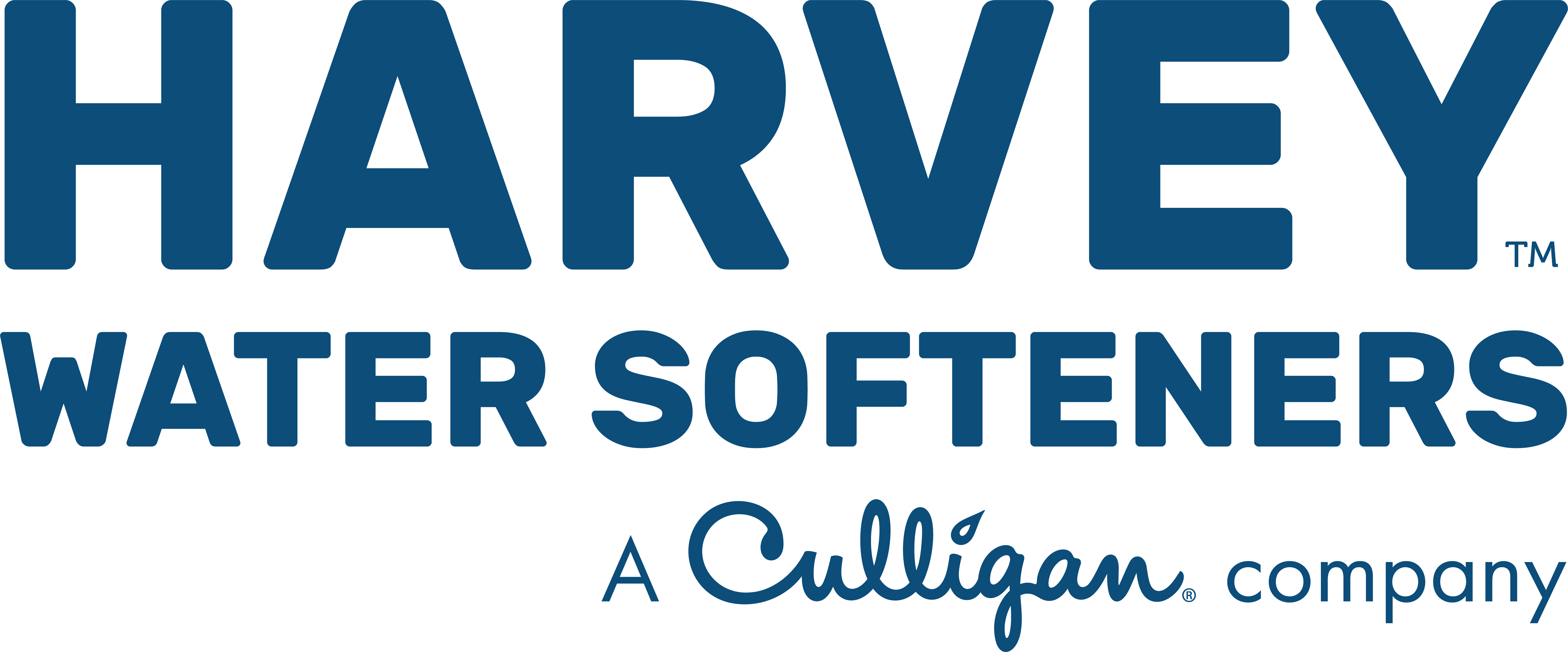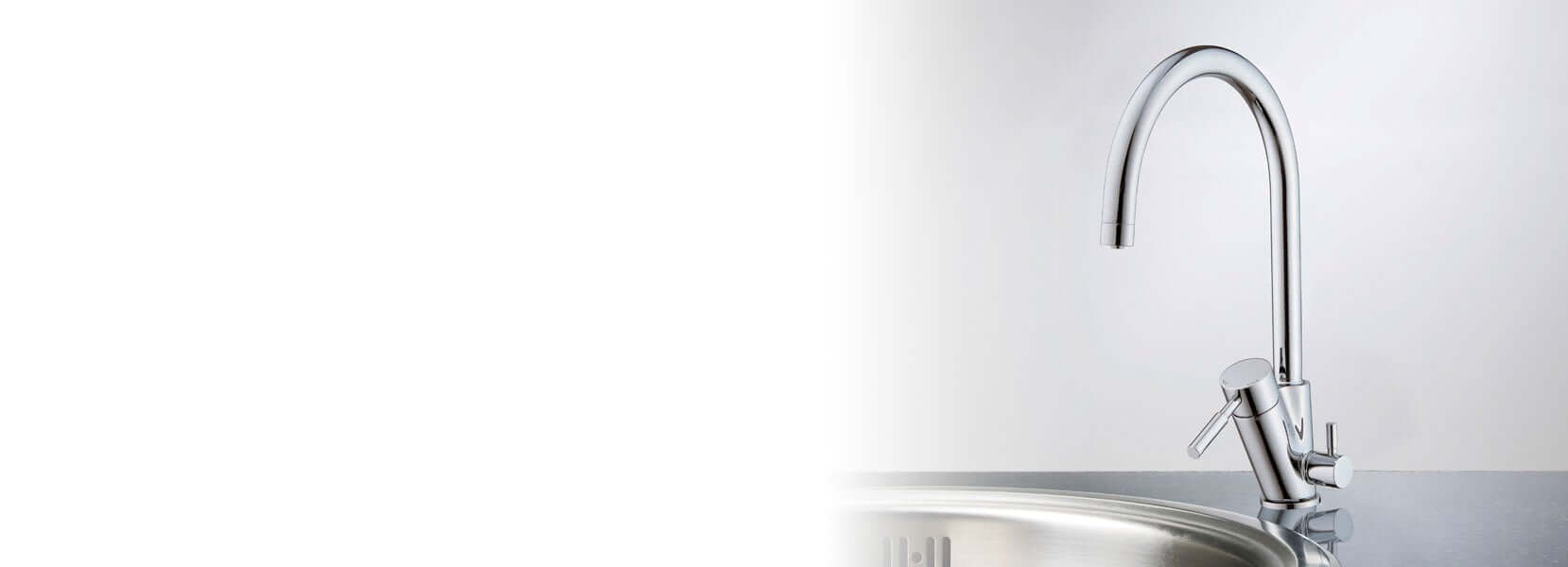
Drinking softened water
Drinking softened water is safe for both you and your family; your decision to drink softened water, or not, should be based solely on whether on not you like the taste! We’ve put together this guide to help you make an informed choice on whether or not to drink softened water.
It’s worth noting that all Harvey Water Softeners come with a drinking water bypass tap as standard. This is a tap which is fitted on your kitchen sink, providing a source of unsoftened water (hard water) which you can drink if you prefer.
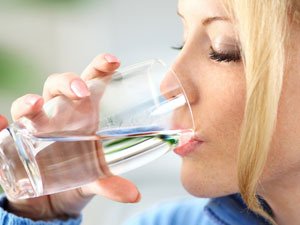
Can you drink soft water?
Over the past 40 years, various concerns about the potability of drinking water have been raised, based on the amount of sodium that exists within water that has passed through a softening device. However, there has been no official verdict to state that drinking softened water is a problem and softened water is considered safe to drink.
Most water softeners work by removing the minerals present in hard water, such as magnesium and calcium, through a process known as ion-exchange. You can find out more about how water softeners work here.

The process of softening water uses sodium. This is because the resin which catches the unwanted minerals is cleansed using sodium. There is also a small amount of sodium exchanged for the magnesium and calcium in the ion-exchange.
This means that softened water contains a small amount of sodium, also known as salt. The level of salt found in softened water is dependent on your geographical location and how hard your water is. Areas with especially hard water will require more salt to soften the water, and therefore the softened water contains higher sodium levels.
Softened water doesn’t contain unhealthy amounts of sodium, in an average hard water area a 250ml glass of softened water would contribute to 1% of your daily sodium intake. (Recommended daily intake by the NHS (2015) is 2,400mg of sodium.)

Drinking softened water: official advice
For health reasons, there is a limit set on the recommended level of salt in drinking water at 200 mg/l.
For most areas of the UK, the sodium levels of softened water will be well within recommended limits; however, in a few parts of the UK where the drinking water is particularly hard, sodium levels may exceed 220 mg/l. When we install a water softener, we will ensure your water will not exceed 200 mg/l when softened.
A separate unsoftened drinking water tap will be fitted if the sodium limit does exceed 200 mg/l or if you would prefer a hard water supply. This should preferably be at the kitchen / utility sink.
Advice from the Water Regulations Advisory Scheme (WRAS)* is:
Drinking water must comply with regulations, these state that the maximum limit of sodium is 200 mg/l (milligrams per litre).
This sodium limit will be exceeded where the water is extremely hard, for example above 425 ppm. This is assuming that the sodium level in the public water supply is zero. Your demonstrator will test your water for hardness.
*June 2007 No 9-07-01 ISSUE 1
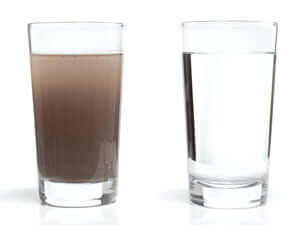
Can I drink softened water in my home?
It is recommended that softened water is not used for baby feed preparation, particularly for those six weeks and under. Take a look at the baby feed instructions for advice. Some babies’ kidneys are not fully formed and the baby feed is created to contain the correct amount of sodium. The additional sodium in softened water upsets this balance and some babies have been known to suffer from dehydration.
If you have been advised by a doctor to be on a low sodium diet, it is recommended not to drink softened water.
Your home’s water supply will differ to that of homes across the country. This is because the water supplied to your home runs through the landscape and passes through water reservoirs and the like which contain different minerals and rock types.
This means your home will have a different level of hardness to others around the country. You can check your water hardness level here.
It is therefore important for your home’s water hardness to be checked by an expert to ensure that you receive the correct water softener for your household and that you are advised if your softened water could contain a high amount of sodium. Our experts will carry out this test during the free home-demonstration visit and again after your water softener has been installed.
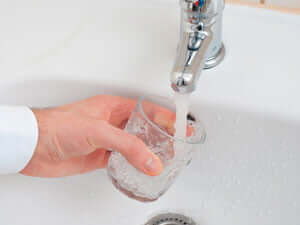
What’s the alternative to drinking softened water?
We understand that drinking softened water isn’t for everybody and therefore we install a hard water tap as standard with all of our water softener installations.
This tap bypasses the water softening device and produces filtered hard water for you and your family to drink, rather than soft water.
If you are concerned about drinking softened water, have a young baby or follow a low-sodium diet, you have access to your original drinking water source, while your home, your finances and your skin feel the benefits of softened water. Everybody’s happy!
Why is a separate tap to provide unsoftened water recommended?
Some people prefer the taste of hard water
Instances where softened water isn’t suitable eg. mixing with baby feed
Some fish may require hard water in their tanks. If in doubt, please get advice from your supplier
For watering indoor plants or your garden
Some irons may be self-descaling and therefore designed for use with hard water, check the instructions to be sure.
Drinking softened water across the world
There is no universal policy about drinking softened water. In most of the European Union Member States, national regulations list sodium only as an indicator parameter, which does not contribute to the definition of whether water is fit to drink. In the USA there is no limit on sodium in the National Primary or Secondary Drinking Water Regulations.
We care that you care
The well-being and happiness of our customers are our top priority. Throughout the history of our company, we’ve kept one thing true: if our customers are concerned about something, we make it our concern too. Our informed approach to the issue of sodium levels in drinking water comes from the expertise gained by having over 40 years in the industry. By offering the right information and installing a bypass filter tap as standard, we see more of what we strive for: satisfied customers.
